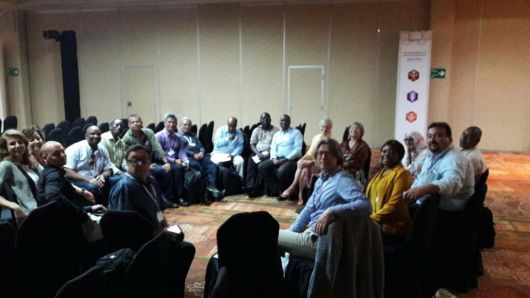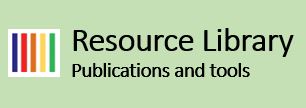30/05/2017 - Partners for Resilience 2017 Global Platform Official Statement

Distinguished delegates,
Partners for Resilience is an Alliance of over 50 local civil society organisations world-wide supported by a strategic partnership of the Netherlands Red Cross, Red Cross Red Crescent Climate Centre, Cordaid, CARE Netherlands and Wetlands International. The Alliance strengthens community resilience through integrating climate change adaptation and ecosystem management and restoration into risk reduction.
We can all agree that risks are rising and changing rapidly. And that preventing or reducing disasters is better than responding to them. But while this is understood and captured in many dialogues and policy frameworks, including the Sendai Framework, fundamental change is still needed. We need more practice that is locally anchored, multisector and multi-actor, that removes the silos between different disciplines. We need large scale initiatives that can transform whole landscapes, rural and urban, into safer and more prosperous places. We must strengthen local solutions that can withstand today’s risks and also future risks that could expose our children to disasters, because climate change, rapid and unplanned urbanisation, and mismanagement of our land and water resources are aggravating risks.
90% of all disasters are water-related. And therefore it is essential to understand and address the ‘water dynamics’ in the larger landscape. Key throughout the planning and implementation stages is that special attention is paid to communities most at risk. So that investments are sensitive to and informed by community interests. For example, a dam and its operation not only generates electricity that stimulates growth for many citizens, but also ensures that flows needed to sustain vital ecosystems and community livelihoods downstream are guaranteed. And that dam overspills that cause floods are managed effectively, and combined with effective early warning systems.
Communities exposed to hazards are equal partners and not beneficiaries of aid. They have knowledge and understand their environments often better. Our work must empower them to manage many of these risks. As an example, PfR in KATAKWI District, in Uganda, worked closely with communities to combine their traditional knowledge with scientific information to analyse future climate risks, and develop early warning indicators.
As indicated risks are changing over time due to climate change that is affecting the frequency and intensity of extreme weather events. Another way to use science to address these changing risks is through Forecast Based financing, an innovative financing scheme that PfR is advancing today. Forecast-based Financing recognizes that there are often science based forecasts available but no resources made available to act before a disaster.
Furthermore, investments in ecosystem-based DRR strategies are cost-effective. These ecosystems offer multiple benefits to society. Investments in ecosystems are a major opportunity for development. And climate finance can offer the resources for nature based solutions.
Your Excellencies, leaving Cancun, our focus should be What it takes to speed up implementation of Sendai, Sustainable Development Goals and Climate agreements. Our actions must ensure vulnerable people, especially women and children, are empowered to manage disaster risk. For us now and for a safer future for our children. Thank you!
Watch the full statement here





